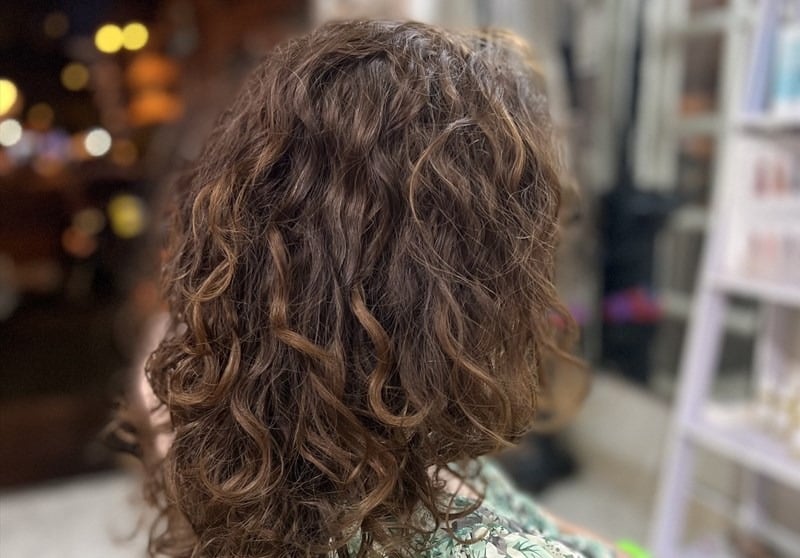While it is a common concern that frequent hair dyeing may increase the risk of bladder cancer, there is currently no conclusive scientific evidence directly linking hair dye use in the general population to this disease. However, hair stylists and hair dye professionals are at a unique risk and should be particularly cautious.
Hair Dye Does Not Increase Risk for the General Population
On his personal page, Dr. Liu Bac Nhan, a specialist in nutrition and functional medicine, shared the story of a 65-year-old female teacher who had a recurrence of bladder cancer. The patient attributed her condition to her regular hair dye routine of every 2–3 months, believing it to be the cause.

However, citing a meta-analysis published in 2014 in the Annals of Epidemiology, Dr. Liu noted that the study, which compiled data from over 600,000 individuals across 17 global studies, found no significant association between hair dye use and bladder cancer risk. Even with the use of dark hair dyes, the risk increase was insignificant (a relative risk of 1.29) and not statistically significant.
Higher Risk for Professionals Regularly Exposed to Hair Dyes
Nonetheless, according to Dr. Liu, there is a specific group of individuals who face a heightened risk—those who work in environments with regular exposure to hair dye chemicals or industrial chemicals, such as hairdressers, dyers, tannery workers, and chemical workers.
“Even if the daily exposure concentration is not high, accumulated exposure over a long period without proper protective measures can increase the risk of bladder cancer,” he said.
A separate study published in 2024 in the Romanian Journal of Occupational Medicine also indicated that hairdressers and barbers had a 1.3 to 2 times higher risk of bladder cancer compared to the general population. This risk was further elevated when gloves or masks were not used during the mixing and application of hair dyes. Notably, some older hair dyes still contain aromatic amines—classified as Group 1 carcinogens by the World Health Organization (WHO)—such as 4-aminobiphenyl and benzidine.
Expert Recommendations
To mitigate risks, Dr. Liu advises hair styling professionals to:
- Wear gloves when mixing and applying hair dyes
- Work in a well-ventilated area with exhaust fans
- Avoid direct skin contact with hair dyes
- Undergo regular health check-ups, paying attention to abnormal symptoms such as bloody or frequent urination
For the general public, while the risk from hair dyeing is relatively low, it is still advisable to limit the frequency of dyeing. Additionally, supporting the body’s detoxification process through a healthy diet is recommended.
Dr. Liu suggests incorporating more cruciferous vegetables like broccoli, kale, Chinese cabbage, bok choy, and arugula. These vegetables help activate the liver’s detoxifying enzymes, aiding the body in eliminating toxins and potential carcinogens. Numerous studies have also linked the regular consumption of these vegetables to reduced risks of inflammation and cancer in the liver and urinary tract.
Furthermore, after dyeing hair, individuals should increase their water intake (at least 2,000 ml/day), engage in physical activity to induce sweating, and maintain a healthy lifestyle. These practices are key to long-term cancer prevention.
5 Affordable Super Fruits to Revive Your Liver and Kidneys Daily – The Secret to a Healthy You
The liver and kidneys can struggle to keep up with the demands of modern life. By incorporating five familiar fruits into your daily routine, you can supercharge your body’s natural detoxification process and feel healthier and stronger every day. It’s an easy and surprisingly effective way to take care of yourself!



































